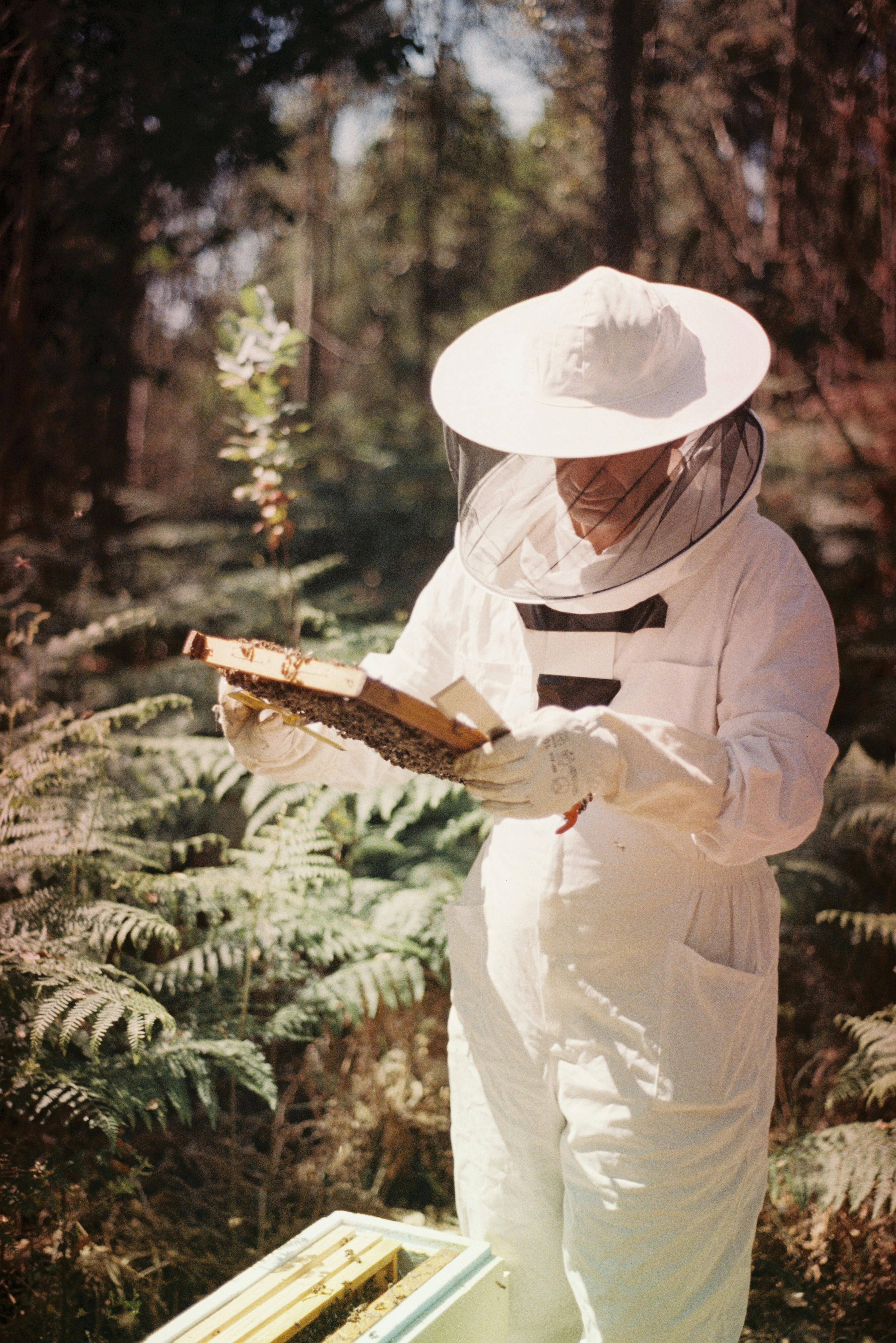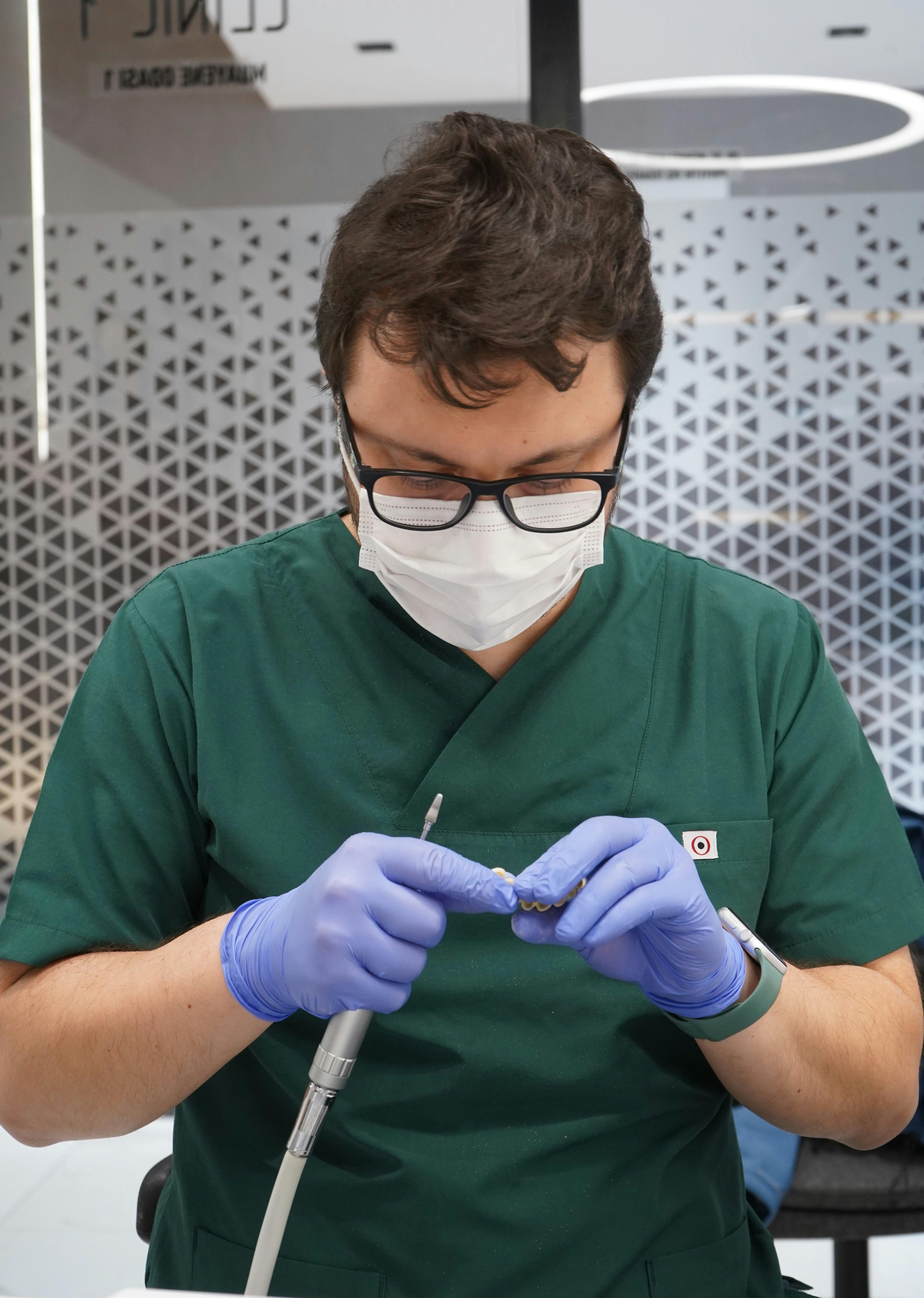In a world filled with increasingly harmful environmental pollutants, it’s crucial to prioritize the protection of your skin. But with so many products and techniques out there, how can you know which ones are truly effective? In this article, we will explore the best ways to shield your skin from environmental pollutants, offering practical tips and advice that will keep your complexion glowing and healthy. From choosing the right skincare products to implementing daily habits, we’ve got you covered in the battle against pollutants. So, let’s dive in and discover how you can safeguard your skin in the most friendly and efficient manner possible.

Cleanse Daily
To protect your skin from environmental pollutants, it is important to cleanse daily using a gentle cleanser. A gentle cleanser effectively removes dirt, oil, and debris from your skin without stripping away its natural moisture. Look for cleansers that are specifically formulated for sensitive or reactive skin types, as these tend to be less harsh and more nourishing. Avoid cleansers with harsh exfoliating ingredients such as microbeads or scrubbing particles, as these can irritate the skin and cause unnecessary damage.
Use Antioxidants
Using antioxidants in your skincare routine is essential for protecting your skin from environmental pollutants. Antioxidants help neutralize free radicals that are generated by pollutants such as air pollution and UV radiation. One way to incorporate antioxidants into your skincare routine is by applying a vitamin C serum. Vitamin C is a powerful antioxidant that helps brighten the skin and fight against damage caused by pollution. Additionally, including green tea in your skincare routine can help protect your skin from environmental stressors. Green tea is rich in antioxidants called polyphenols, which have anti-inflammatory properties and can help soothe and protect the skin. Another antioxidant to look for in skincare products is niacinamide, which helps improve the skin’s barrier function and reduce inflammation.
Moisturize Regularly
Moisturizing regularly is crucial for maintaining healthy and protected skin. When selecting a moisturizer, opt for one that provides barrier protection. Barrier protection moisturizers contain ingredients such as ceramides, which help strengthen the skin’s barrier and prevent pollutants from penetrating into the deeper layers of the skin. These moisturizers create a protective layer on the skin, keeping it hydrated and shielded from environmental pollutants. It is also important to apply moisturizer before makeup as it acts as a barrier between your skin and the makeup, preventing pollutants from clogging your pores and causing breakouts.
Wear Sunscreen
Sunscreen is not just for sunny days at the beach. It is essential to wear broad-spectrum sunscreen every day, even on cloudy days, to protect your skin from harmful UV rays and environmental pollutants. Look for sunscreens with high SPF values and broad-spectrum protection, which means they protect against both UVA and UVB rays. Applying sunscreen regularly is not enough; it is crucial to reapply every two hours, especially if you are outdoors or sweating. This ensures that your skin is continuously protected from the damaging effects of the sun and pollutants.

Cover Up
In addition to wearing sunscreen, covering up with protective clothing is another effective way to shield your skin from environmental pollutants. Opt for long sleeves, pants, and skirts made of lightweight fabrics with a tight weave. These fabrics act as a physical barrier, preventing pollutants from directly contacting your skin. Additionally, wearing a wide-brimmed hat not only protects your face and neck from the sun but also creates an additional barrier against airborne pollutants. Don’t forget to wear sunglasses to protect the delicate skin around your eyes from UV rays and reduce the risk of eye irritation caused by pollution.
Avoid Pollution Peak Times
To minimize the exposure of your skin to environmental pollutants, it is advisable to stay indoors during high pollution periods. Pollution levels tend to be higher during certain times of the day, such as rush hours when traffic emissions are at their peak. It is best to limit your outdoor activities during these hours and seek indoor environments with good air filtration systems. Keeping an eye on local air quality indexes can also help you plan your activities and avoid high pollution areas.

Create a Healthy Diet
Maintaining a healthy diet is not only good for your overall well-being but also helps protect your skin from environmental pollutants. Eating foods rich in antioxidants can provide your skin with the necessary nutrients to combat free radicals caused by pollution. Some antioxidant-rich foods include berries, leafy greens, citrus fruits, and nuts. Additionally, including omega-3 fatty acids in your diet can help reduce inflammation and strengthen the skin’s barrier, making it less vulnerable to pollutant damage. Good sources of omega-3 fatty acids include fatty fish like salmon, chia seeds, and walnuts. Lastly, don’t forget to drink plenty of water. Proper hydration is crucial for maintaining healthy skin and flushing out toxins.
Maintain a Hygienic Environment
Maintaining a hygienic environment is important for protecting your skin from pollutants. Keep your indoor air clean by regularly ventilating your home, using air purifiers, and keeping your living space free of dust and allergens. Avoid smoking and exposure to secondhand smoke, as it can significantly damage the skin and contribute to premature aging. Regularly dusting and vacuuming your living areas helps remove dust particles and pollutants that may settle on surfaces and ultimately make their way onto your skin.
Use Air Purifiers
Investing in an air purifier can greatly improve the quality of your indoor air and protect your skin from pollutants. Air purifiers filter out harmful particles and substances, such as dust, pollen, pet dander, and volatile organic compounds (VOCs), that can irritate the skin and contribute to skin issues. Consider choosing an air purifier with a HEPA filter, as these are highly effective at capturing small particles and allergens. Place air purifiers in key areas of your home, such as bedrooms and living rooms, to ensure that the air you breathe and the environment around you are clean and free of pollutants.
Manage Stress Levels
Stress can have a negative impact on your skin and make it more susceptible to damage from environmental pollutants. Practicing stress-reducing techniques, such as meditation, deep breathing exercises, or yoga, can help manage stress levels and promote healthier skin. Getting enough sleep is also essential for maintaining overall skin health. During sleep, the body repairs and regenerates skin cells, making it a crucial time for skin rejuvenation. Engaging in regular exercise is another effective way to manage stress levels and improve your skin’s health. Exercise increases blood circulation, which helps deliver oxygen and nutrients to the skin, promoting a clear and healthy complexion.
By following these comprehensive skincare practices and lifestyle habits, you can effectively protect your skin from environmental pollutants. Incorporating gentle cleansing, antioxidants, regular moisturizing, sunscreen application, proper clothing and accessories, awareness of pollution peak times, a healthy diet, maintaining a hygienic environment, using air purifiers, and managing stress will result in healthier, more resilient skin that can better defend itself against the harmful effects of pollution. Remember, taking care of your skin is not just about looking good; it is about keeping your skin healthy for the long run.
Losing weight and keeping it off can be a challenge. I’m here to show you good-tasting foods and drinks that help you lose weight, and are enjoyable to eat.




